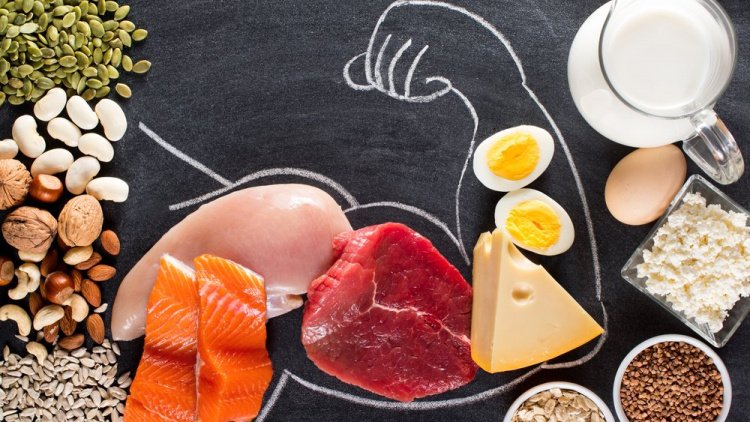This study involved 39 young men and women of normal weight who ingested an extra 750 calories per day for 7 weeks. It was found that consumption of saturated fat accumulated more fat and less muscle than polyunsaturated fat. Now, more details.
A study from Uppsala University Hospital and Uppsala University, in collaboration with Karolinska Institutet, the results of which were published in the US journal Diabetes, found that consumption of saturated fat accumulates more fat and less muscle than polyunsaturated fat.
The study involved 39 young adult men and women of normal weight who ingested an extra 750 calories a day for seven weeks.
One half of the subjects got their excess calories from polyunsaturated fat (sunflower oil) and the other half got their excess calories from saturated fat (palm oil). Both diets contained the same amounts of sugar, carbohydrate, fat and protein.
Body fat gain and the distribution of fat and muscle mass were measured by magnetic resonance imaging (MRI) before and after weight gain.
Gene activity of abdominal and visceral fat, before and after weight gain, was measured using a gene chip that recorded several thousand genes simultaneously.
Relationship between fat and muscle accumulationDespite comparable increases in total weight in both groups, consumption of excess saturated fat led to a markedly greater increase in liver and abdominal fat (especially the fat surrounding internal organs, visceral fat) compared to consumption of excess polyunsaturated fat.

In addition, the group that consumed polyunsaturated fats gained 3 times more muscle mass than the group that consumed saturated fats. Therefore (the researchers conclude), gaining weight by consuming additional calories from polyunsaturated fats resulted in greater muscle gain and less fat gain than overeating an equal amount of saturated fats.
The researchers were also able to reveal that excessive consumption of saturated fats appears to activate certain genes in adipose tissue that increase abdominal fat storage and, at the same time, inhibit insulin regulation.
In contrast, polyunsaturated fats appear to activate gene activity in visceral fat, which in turn is associated with reduced fat storage and increased sugar levels and metabolism in the body. However, more research is needed on gene work.

